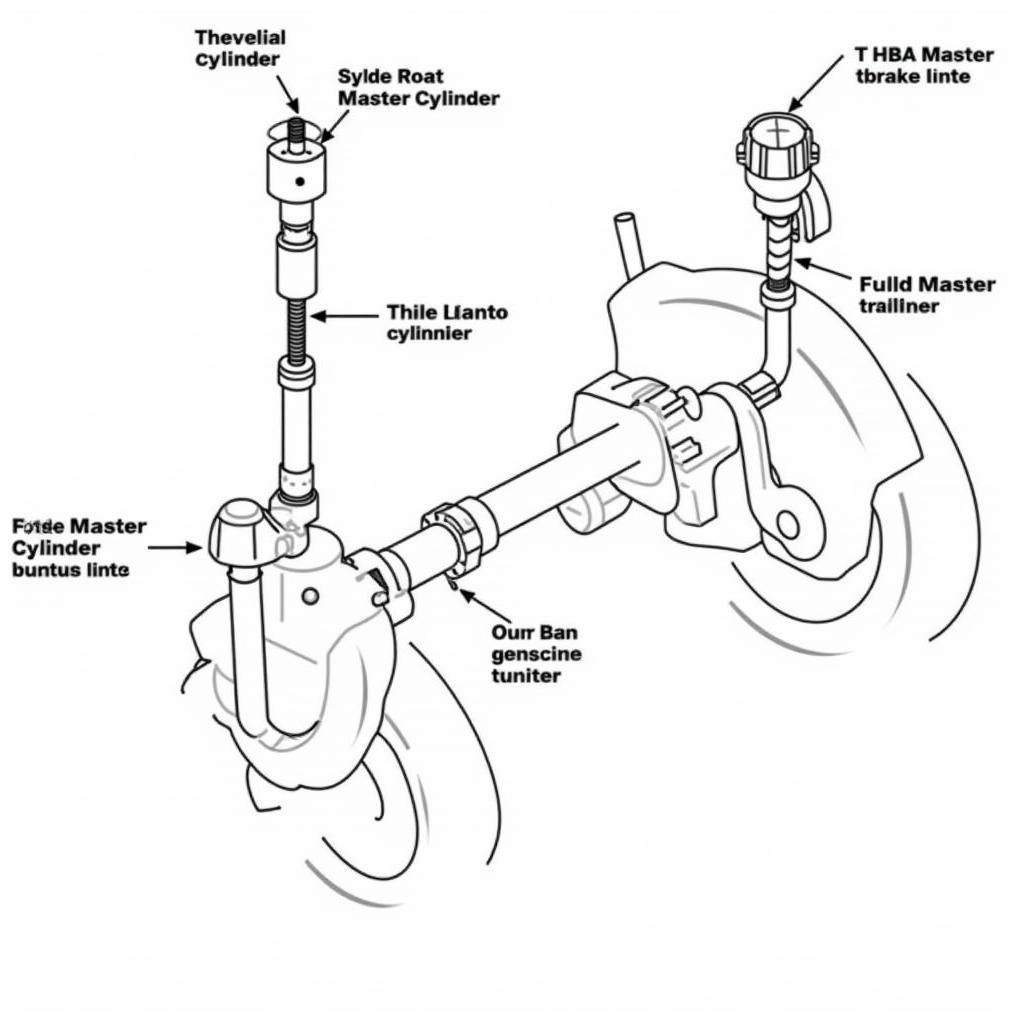ASEAN, the Association of Southeast Asian Nations, is a regional organization that has been making significant strides in economic development. Its diverse member states, each with its own unique culture and history, have come together to create a dynamic economic bloc. This has led to increased trade, investment, and tourism within the region, making ASEAN a significant force on the global stage.
One industry that has seen significant growth in ASEAN is the automotive sector. The region is home to several major car manufacturers, including Toyota, Honda, and Mitsubishi, and it also has a growing market for automotive parts and services. This is in part due to the region’s rapidly growing middle class, which is driving demand for automobiles.
The Automotive Industry in ASEAN: A Closer Look
The automotive industry in ASEAN is characterized by its strong growth potential, increasing domestic demand, and a focus on innovation. Governments across the region have been actively promoting the development of the automotive sector through various initiatives, such as tax incentives, infrastructure improvements, and the development of skilled labor.
The region is also becoming increasingly attractive to international automotive players due to its strategic location, low production costs, and a growing market for electric vehicles.
What’s Driving Automotive Growth in ASEAN?
Several factors contribute to the growth of the automotive industry in ASEAN, including:
- Rising Middle Class: The expansion of the middle class in ASEAN countries has fueled demand for automobiles.
- Government Support: Governments in the region have implemented policies to support the automotive sector, including tax incentives, infrastructure development, and workforce training.
- Strong Economic Growth: The overall economic growth of ASEAN countries provides a solid foundation for the automotive industry.
- Strategic Location: The region’s strategic location, with access to major markets in Asia and beyond, makes it an attractive location for automotive production.
The Future of the Automotive Industry in ASEAN
The automotive industry in ASEAN is poised for further growth in the coming years. This growth will be driven by:
- Technological Advancements: The adoption of electric vehicles, autonomous driving technology, and connected car features will continue to shape the automotive landscape in ASEAN.
- Increasing Demand for Premium Vehicles: As incomes rise, there is a growing demand for premium and luxury vehicles in the region.
- Focus on Sustainability: ASEAN countries are taking steps to promote sustainable transportation, including the adoption of electric vehicles and the development of green manufacturing practices in the automotive sector.
ASEAN: A Key Player in the Global Automotive Industry
With its strong economic fundamentals, growing middle class, and government support, ASEAN is well-positioned to become a major player in the global automotive industry. The region has the potential to become a leading hub for automotive production, research, and development.
“ASEAN is at the forefront of the automotive industry, embracing innovation and driving sustainable growth. The region’s diverse capabilities and commitment to collaboration make it a key player in shaping the future of transportation.”
- Dr. Chan Wei-Ling, Head of Automotive Research, Southeast Asian Institute of Technology
ASEAN: A Hub for Innovation and Collaboration
ASEAN’s diverse member states offer a unique platform for collaboration and innovation in the automotive industry. This includes:
- Knowledge Sharing: ASEAN countries are actively sharing best practices and expertise in the automotive sector.
- Joint Ventures: There are numerous joint ventures between companies in ASEAN countries, leading to the development of new technologies and products.
- Research and Development: ASEAN countries are investing in research and development in the automotive sector, especially in areas such as electric vehicles, connected car technology, and sustainable mobility.
“ASEAN is becoming a hub for automotive innovation, with its member states collaborating on research, development, and production.”
- **Mr. Tan Min-Heng, Managing Director, ASEAN Automotive Association**The Automotive Industry in ASEAN: A Bright Future
The automotive industry in ASEAN has a bright future. With its strong economic growth, government support, and focus on innovation, the region is well-positioned to become a leading force in the global automotive industry. As the region embraces technological advancements, promotes sustainable practices, and encourages collaboration, it is poised to shape the future of transportation for years to come.
FAQ
Q: What are the major automotive manufacturers in ASEAN?
A: Some of the major automotive manufacturers in ASEAN include Toyota, Honda, Mitsubishi, Nissan, and Hyundai.
Q: What are the key initiatives being implemented by ASEAN governments to support the automotive industry?
A: ASEAN governments are implementing various initiatives, including tax incentives, infrastructure development, and workforce training programs, to support the automotive sector.
Q: What is the role of electric vehicles in the future of the automotive industry in ASEAN?
A: Electric vehicles are expected to play a significant role in the future of the automotive industry in ASEAN. Governments are promoting the adoption of EVs through policies such as tax incentives and infrastructure development.
Q: How can ASEAN promote greater collaboration in the automotive sector?
A: ASEAN can promote greater collaboration in the automotive sector through knowledge sharing, joint ventures, and research and development initiatives.
Q: What are some of the challenges facing the automotive industry in ASEAN?
A: The automotive industry in ASEAN faces challenges such as:
- Competition from other regions: ASEAN needs to compete with other automotive production hubs, such as China and India.
- Infrastructure gaps: Some ASEAN countries need to improve their infrastructure to support the automotive industry.
- Skilled labor shortage: The region faces a shortage of skilled labor in the automotive sector.
Contact Us
For more information or assistance regarding the ASEAN automotive industry, please contact us at:
- Phone: 0369020373
- Email: [email protected]
- Address: Thôn Ngọc Liễn, Hiệp Hòa, Bắc Giang, Việt Nam.
We have a dedicated customer support team available 24/7.

